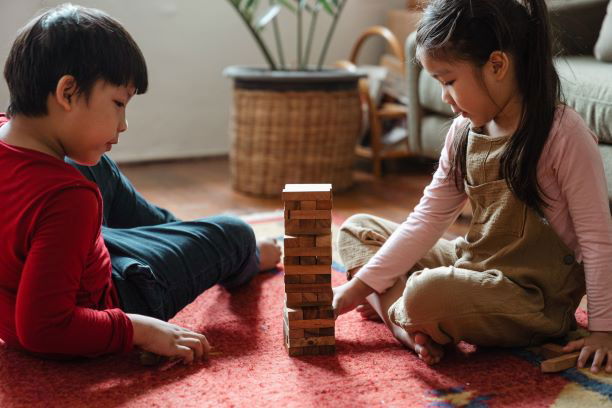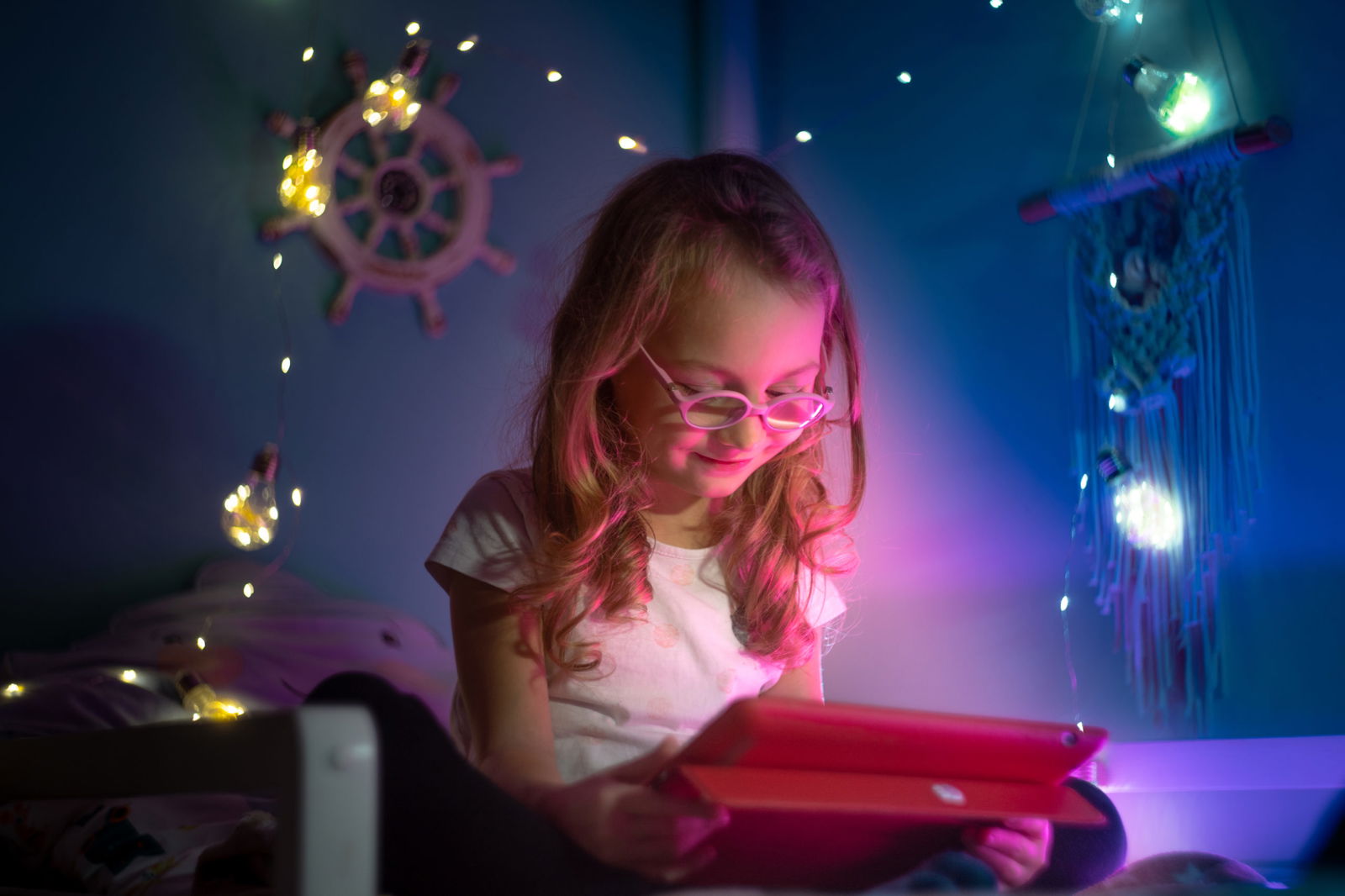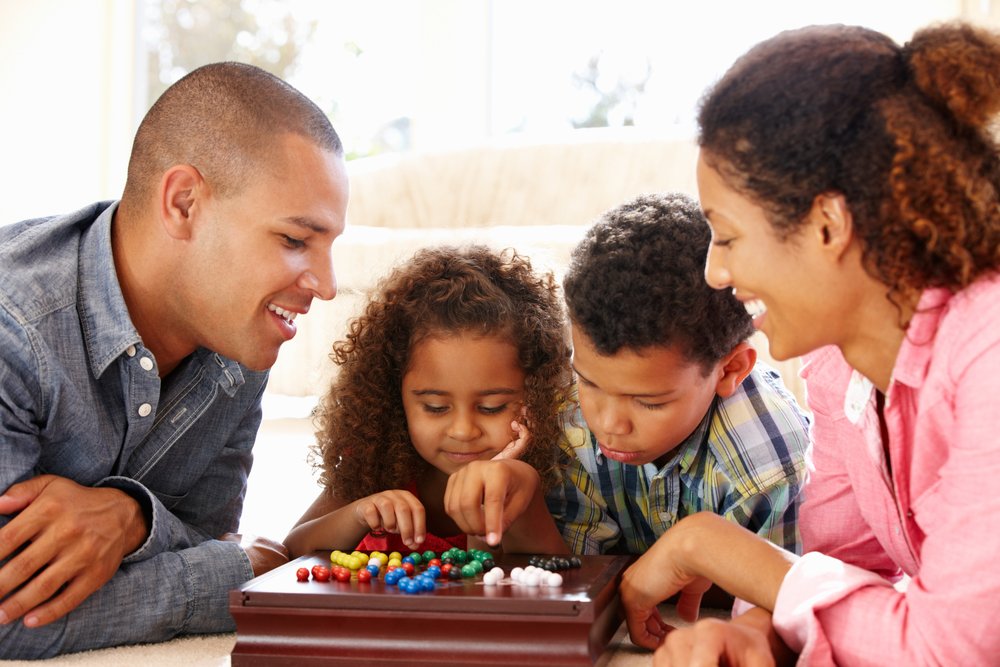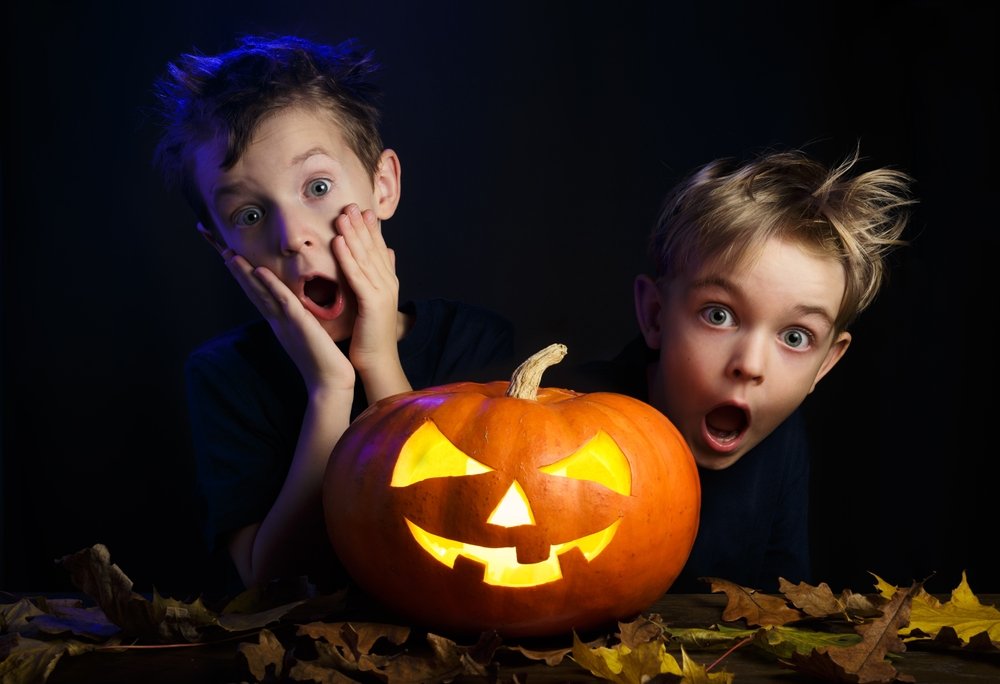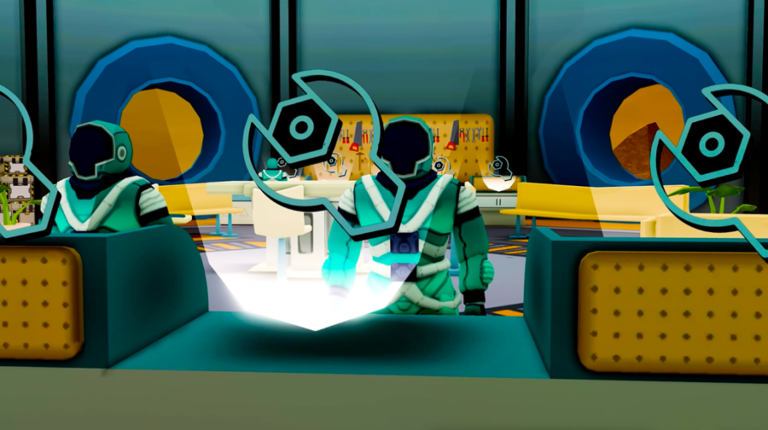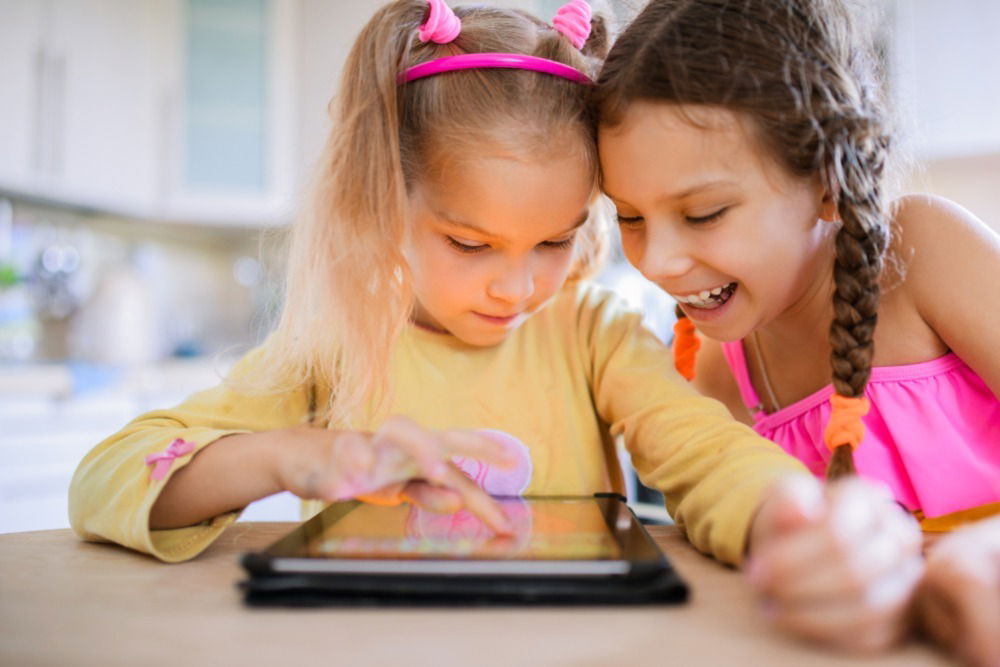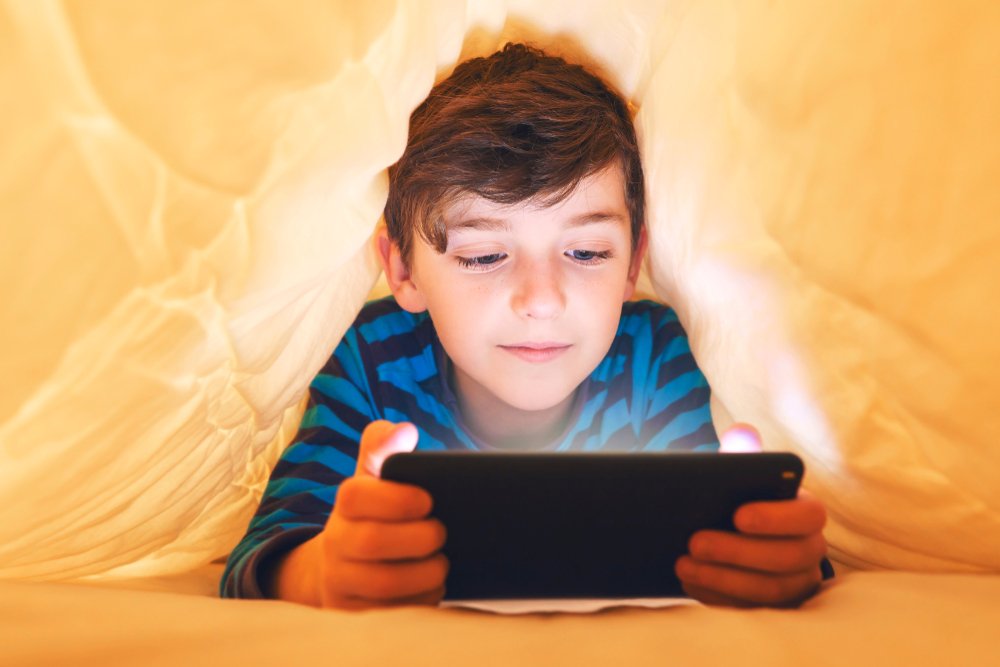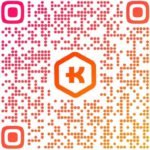What is SEL?
In a career focused on social and emotional learning (SEL), I’ve learned that educators and parents discuss it a lot, but often, are not speaking the same language. Some mean social skills. Some mean mental health. Some mean resilience in the face of trauma. The list goes on. Somehow SEL has become a magnetic phrase, drawing into its conceptual orbit anything that isn’t academic progress or physical health. Because of this, conversations about SEL have a Tower of Babel feel—a whole lot of talk without much clear understanding.
So what is social emotional learning?
SEL refers to a set of competencies children (and adults) use to interact positively with others, to make, maintain, and deepen relationships, and to constructively engage in social or collective activities—think friendship, school, community, family, and work. SEL competencies help children succeed in school and life.
That’s a pretty broad definition, you say. Good point. So let’s get specific. The Collaborative for Academic Social and Emotional Learning, or CASEL, is a leading organization advocating for effective SEL practices in and out of school. CASEL’s definition of SEL includes five broad competencies, or skills. So what are they, and how do they look in daily life?
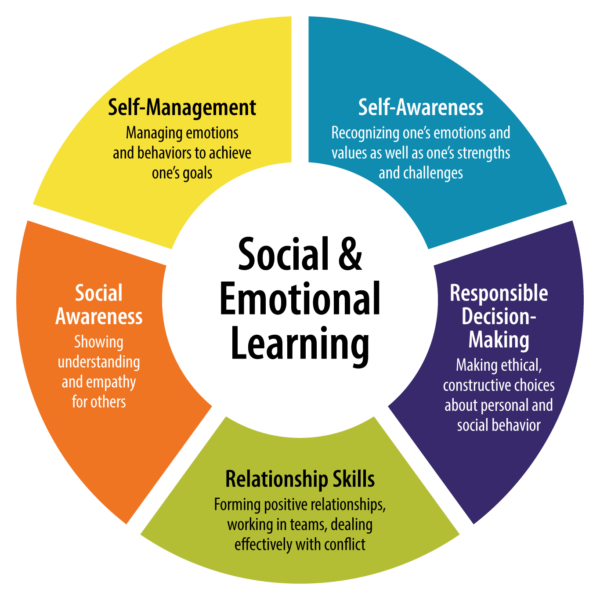
1) Self-awareness: Understanding what you’re feeling, and your strengths and weaknesses.
Children with strong self-awareness are good at finding ways to manage their feelings. Think of the child who doesn’t recognize that anger is building up until those feelings are hard to manage. In toddlerhood, this is normal. But by middle school, we expect children to know and be able to say what they are feeling.
2) Self-management: Strategies to manage unwanted emotions and the situations that provoke them.
This includes emotion regulation strategies like self-talk or taking action to change a distressing situation. Imagine, for example, a child who is upset that a friend seems angry. He reminds himself that his friend is not angry at him, but is angry because of something that happened outside of the friendship.
3) Social awareness: Understanding what others are thinking and feeling.
We do this by paying attention to peoples’ facial expressions, tone of voice, body language, and other behavioral or context clues. Often, this is so automatic that we forget its importance. But imagine having no idea what other people were feeling or what their intentions were. It is a form of social blindness that can cause a lot of challenges.
4) Relationship skills: Being able to work through challenging social situations.
We use social problem-solving all the time, successfully or otherwise. Imagine two children who want to play with the same toy. How do they work that out? Now picture two people who have different ideas about what to do. How do they decide? Conflict, large and small, is a defining feature of human society, and children’s ability to work things out is key to their success.
5) Responsible decision-making: Ethical decision making.
When faced with difficult decisions, how attuned are children to doing the right thing? How well-equipped are they to understand the ethical dimensions of the situations before them and to engage in decision-making processes that incorporate considerations of ethics?
Why is social emotional learning important?
Research reveals that the more children are equipped with each of these skills, the better they do in school and in life. It’s not hard to imagine why—these are competencies that employers look for. They help people build successful families, careers, and contributions to the community.
Hundreds of studies show that children exposed to high-quality social emotional learning curriculum in school fare better socially, emotionally, and behaviorally. And this doesn’t come at the cost of academics—SEL programs produce measurable improvements in test scores as well.
Schools do their best to touch on SEL skills in the classroom, but it’s not just educators who influence children’s social emotional learning. We know, for example, that when parents are demanding and supportive—combining love and high expectations—their children develop more of the social and emotional competencies we are talking about. It’s important that parents strengthen those skills outside the classroom by modeling it themselves and using additional resources.
Stay Tuned
Parents have a daunting future ahead, with children managing more challenging situations than ever before, and less access to teachers who have been trained to help. In future posts, we’ll take on SEL skills in more detail, and talk more specifically about practical things parents can do to support their child’s social and emotional development.

